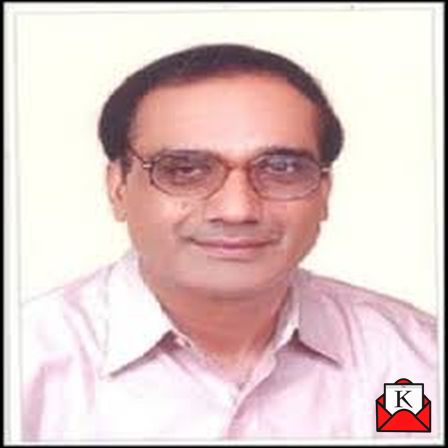Guest Blog- Treatment Gap in India Is Prime Reason For Rise in Pediatric Epilepsy Cases


Epilepsy is a disorder of the brain characterized by an enduring predisposition to generate epileptic seizures and by the neuro-biologic, cognitive, psychological, and social consequences of this condition.
It is first necessary to approach the suspected child and confirm that the reported spells are actually seizures rather than other conditions like syncope, migraines, tics, or behavioural events.
This differentiation is crucial for better outcomes in treatment as non-epileptic events usually do not respond well to antiepileptic medications, and misdiagnosis leads to delay in initiating appropriate therapy. Confirming or ruling out epilepsy not only prevents unnecessary treatment and exposure to interventions but also reduces patient and family anxiety and possibly unnecessary stigma.
“Epilepsy is more common among children with mental retardation, behavior and learning problems. Some of the epilepsies like West syndrome and LG syndrome may also be associated with learning disabilities. Correct diagnosis of epilepsy and its subtype along with appropriate drug usage is of paramount importance in its treatment. Usually the diagnosis of epilepsy is based on the details provided by the parents and or friends etc. EEG is complementary in the diagnosis and many of the patients, in particular with refractory epilepsy, need video EEG to document the type of epilepsy. Incorrect diagnosis and in appropriate treatment are important causes of failure to respond to treatment” said Dr. Vinod Puri, Senior Director – Department of Neurology & Head – Comprehensive Epilepsy Services Max Super Speciality Hospital, Saket.
The definition of epilepsy requires the occurrence of at least one epileptic seizure while it is a transient occurrence of signs and symptoms due to abnormal excessive or synchronous neuronal activity in the brain. Some types of seizures are peculiar to children such as febrile seizures, West syndrome, LG syndrome etc. Febrile seizures occur with fever and affects between 6 month to 5 years of age and the fever is not due to intra cranial infections. It occurs in 3-5% of children. Recurrence of febrile seizure occurs in one third to half of children.
“Another challenge associated with epilepsy management in India is the fact that about three fourths of people with epilepsy may not receive the treatment they need. This is called the “treatment gap”. This may be due to lack of access to or knowledge of anti-epileptic drugs, poverty, cultural beliefs, stigma, poor health delivery infrastructure, shortage of trained professionals, inequitable distributions of available resources in rural areas and high cost of treatment. The magnitude of epilepsy treatment gap in India ranges from 22% among urban, middle-income people to 90% in villages” added Dr Vinod Puri.
Worldwide, it is estimated that 10•5 million children under 15 years have active epilepsy, representing about 25% of the global epilepsy population. Of the 3•5 million people who develop epilepsy annually, 40% are younger than 15 years, and more than 80% live in developing countries. India is home to about 10 million people with epilepsy. A recent meta-analysis of published and unpublished studies puts the overall prevalence rate of epilepsy in India at 5.59 per 1,000 population. The prevalence has been found to be 1.9% in the rural population as compared with 0.6% in urban population. There are very few incidence studies from India, and the most recent one suggests an age standardized incidence rate of 27.3/100,000 per year.
“Making a correct diagnosis of epilepsy is more important in children due to its impact on the health, educational, psychosocial aspects in children as well the parents. Moreover, misdiagnosis is also common in neonates, infants and children compared to adults due to its subtle and variable manifestations. To help you fight epilepsy, we, at Max healthcare, provide holistic and integrated care by consolidated opinions of highly qualified doctors 24*7. An early diagnosis and treatment can save you from the serious complications of epilepsy. Just take the right step at the right time to stay safe and healthy” said Dr. Puri.
Expertise at neurosciences department of Max Healthcare, the patients who have epilepsy can get world-class epilepsy treatment. The hospital has also established a dedicated institute for Neurosciences to provide special care for epilepsy. The exceptional team of neurologists control and cure epilepsy with medication. The institute is steered by a team of well-renowned doctors and surgeons who work tirelessly to bring happiness to their patients by giving best results.
About the Author- Dr. Vinod Puri, Senior Director – Department of Neurology & Head – Comprehensive Epilepsy Services Max Super Speciality Hospital, Saket
